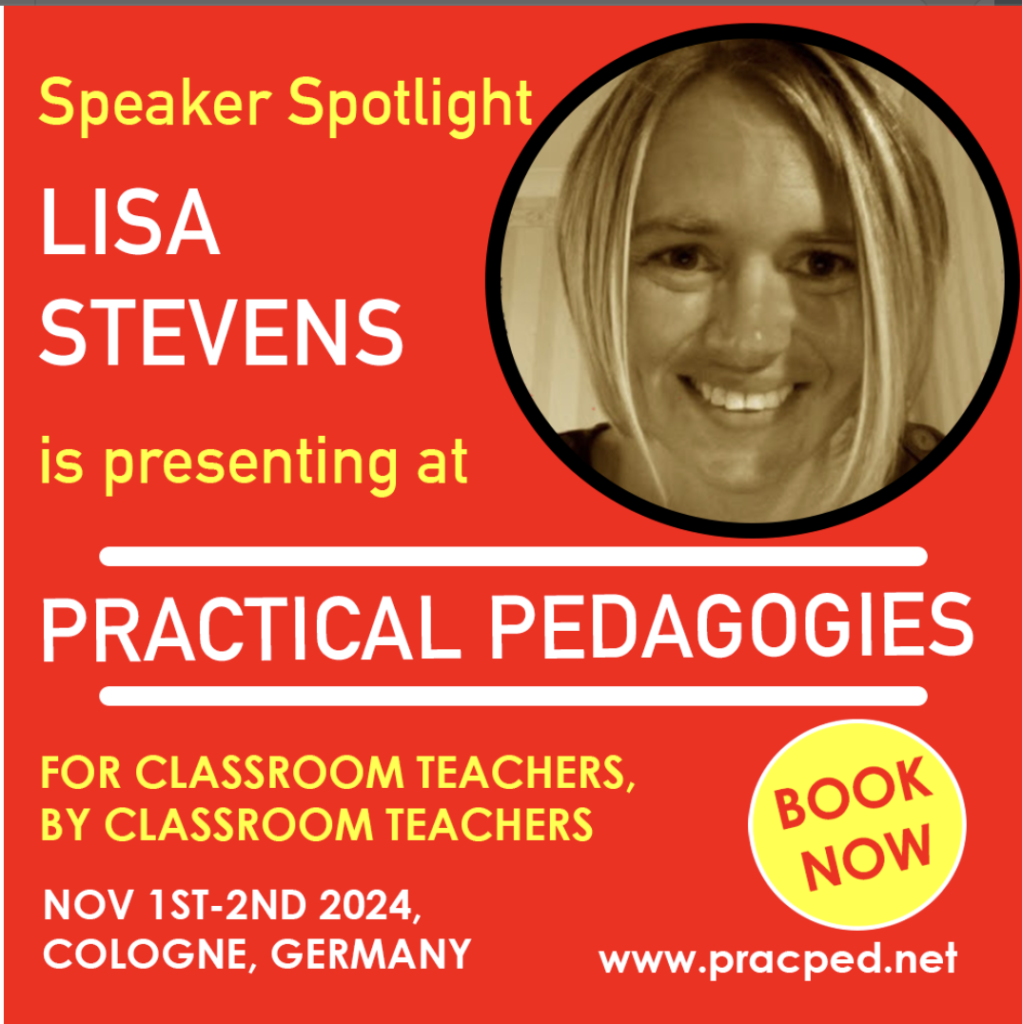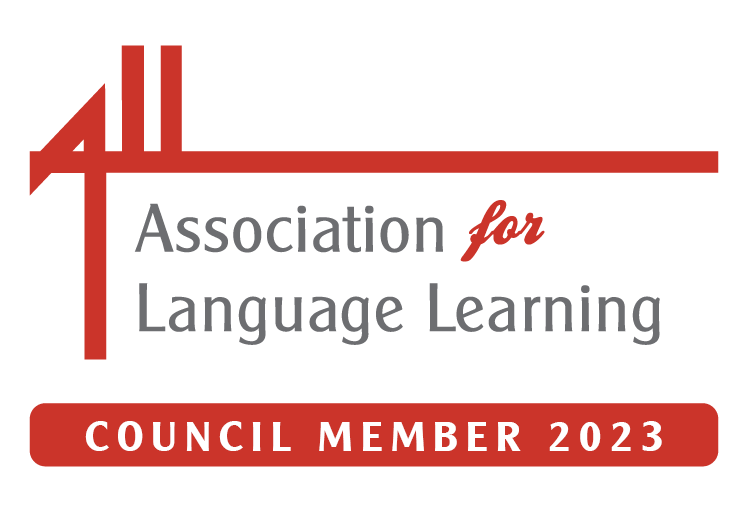*Part of a series of posts trying to summarise some of the sessions at Language World this year*
The opening of Language World saw a presentation by Anna Turney and Nick Fuller.
Anna Turney, Paralympic Snowboarder
Anna loved snowboarding and wanted to get good enough to compete. She moved to France after her degree, and decided that her best plan was to hang out with the French boys who’d know the place well (so her language skills came in very useful!) One season turned to three then she did a TEFL course, went to Japan and taught whilst still snowboarding at the weekend. In order to get sponsorship, she needed to win some races. Having played hooky one day to compete in a race, Anna crashed and ended up in hospital with 98% chance of walking again. In hospital, Anna had plenty of time to think and decide that she wanted to fight on. Language proved “fun” in hospital with misunderstandings and communication issues, but someone told her about sit-skiing which gave her new hope.
After a year of not being able to do extreme sports, Anna had a go and discovered it was harder than it looked! After practice, Anna came back to England, was spotted sit-skiing and invited to join the development squad, but had to self finance. A mystery donor bought her first monoski and off she went, on the road to Vancouver.
Anna set out to be the fittest and best she could, spending long periods of time away from home. Olympic values of friendship, excellence, respect, cooperation have been really important to Anna, and the buzz at Paralympics was enormous. Everyone has to wear team kit and it’s an amazing sight. When someone who’d won a medal came in, the whole dinner hall clapped. In Alpine skiing, each country is given an area of the hill, and countries need to work together to set courses. It is hugely competitive but there is a real togetherness about the whole experience too. The volunteers are amazing too.
Anna’s achievements in Vancouver – 6th in sitting slalom with which she was really pleased.
Anna acknowledges the debt she owes to all the people who have helped her – volunteers, family, sponsors, training partners – it’s a team effort.
www.annaturney.com
Nick Fuller, Head of Education at LOCOG
In London there will be 170 nations.
Pierre de Coubertin saw Olympics as a sporting cultural coming together – it’s more than sport! The vision for 2012 is to reach young people around the world. That’s been done through linking schools across the world, reaching millions of kids.
GetSet is delivered through a digital platform – www.london2012.com/getset
Cross curricular resources – themed and free!
GetSet schools have a strong local agenda as well as a national / international one. Big opportunities to work together too – National Sports Week has just ended! Also Musubi in East Midlands where Japanese team will be based.
Language and sport joined together eg handball in Spanish
Greenwich are offering free courses in Spanish, French, Japanese and Chinese – a focus on functional language.
Let’s get cooking around the world – recipes in Spanish, French, Chinese, Hindi, Portuguese – encouraging schools to engage the community and parents in language teaching and learning.
MYLO – Track list – to build a training track for French team
Get Set goes global – recognises that we’re literally just about to welcome the world to UK. In September – Get Set for the Olympic Truce – to promote peace through sport and culture. In November, we’ll be encouraged to choose our Olympic team to support and find out about it. 25th June 2012 World sports day in Sports week.
Resources available from September onwards.
There are rewards and recognition for GetSet network by filling in a short form – access to benefits and a plaque!
Does the legacy of the Olympics revolves around West Ham vs Spurs? No, it’s more to it than that – it’s looking to inspiring young people, capturing hearts and minds, instilling values and inspiring lives.
Really enjoyed this session as it brought together two of my favourite themes – languages and global / intercultural understanding.







